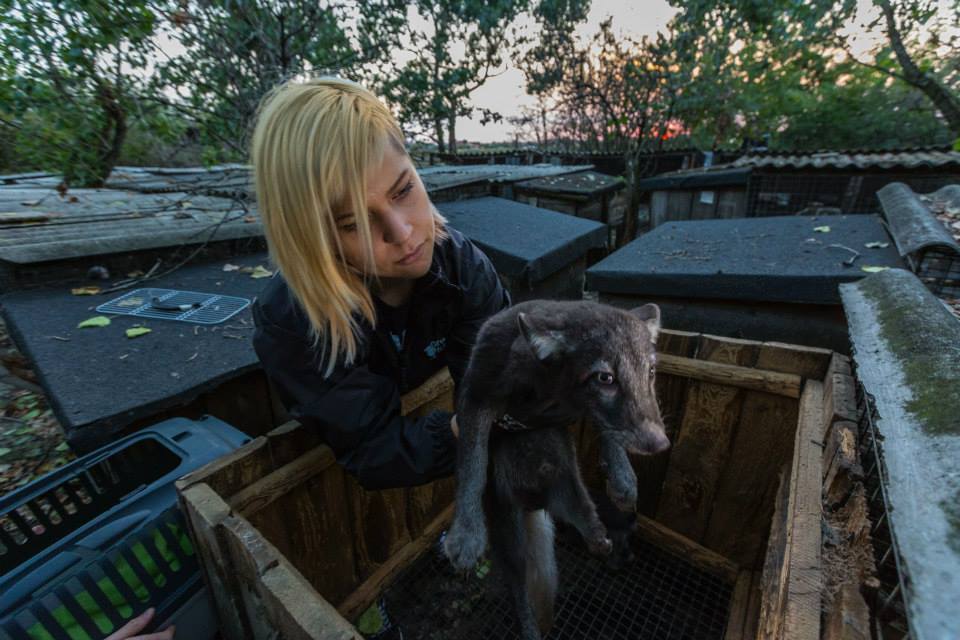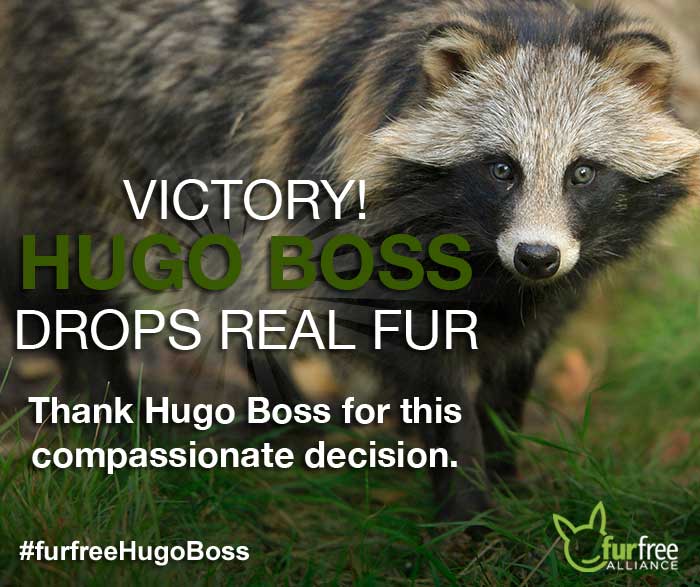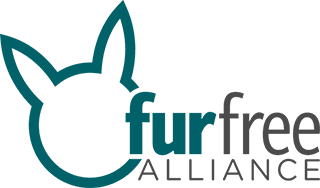
Luxury brand Armani goes fur free

MILAN, 22 MARCH 2016 – The Fur Free Alliance praises renowned luxury brand Armani for today’s announcement to drop all real animal fur. With its decision the Italian high-end label responds to a growing consumer demand for ethical and sustainable fashion. Armani will leave out all real fur, including rabbit fur, from its collection starting
Award-winning documentary Inside Fur screened in Estonia

TALLIN, 3 DECEMBER – Last week the Norwegian Award-winning documentary Inside Fur (Pels) was screened at Tallinn’s Cinema House. The documentary, which gives an alarming inside view on the atrocities of the Nordic fur industry, was internationally released in April 2015 and is currently circulating the global film festival circuit. The film screening, which was organised by Fur Free Alliance member
Major new report on European fur trade

What’s behind fashion? European fur trade marketed as responsible business. The European fur industry, and especially the Nordic fur industry, markets itself as a responsible business concerned about ethics. A new report reveals that fur farms producing Saga fur, the main Nordic fur auction house and brand, share the considerable animal welfare problems inherent in
Two fox cubs, five paws

POLAND, 21 AUGUST 2015 – Last week, inspectors from the Polish Fur Free Alliance member organisation Otwarte Klatki intervened at a fox farm in Kiełczewo, Kościan commune in western Poland to rescue two fox cubs. Inspectors came across the wounded animals in the course of inspection carried out on the farm with the consent of
HUGO BOSS commits to fur-free policy

GERMANY, 6 JULY 2015 –The Fur Free Alliance praises luxury brand Hugo Boss for phasing out all real animal fur. The progressive decision was recently announced in the HUGO BOSS Sustainability Report 2014 and has been an issue in discussions between HUGO BOSS and the Fur Free Alliance. HUGO BOSS will be dropping all fur, including rabbit
Global animal welfare organisations call upon the Czech Republic to ban fur

PRAGUE/BRUSSELS, 31 MARCH 2015 – The Czech Minister of Agriculture, Marian Jurečka, received an open letter today from the international coalitions Eurogroup for Animals and Fur Free Alliance, which bring together 72 animal welfare organisations from all over the world. The associations call upon the minister to adopt a ban on the breeding of animals for

